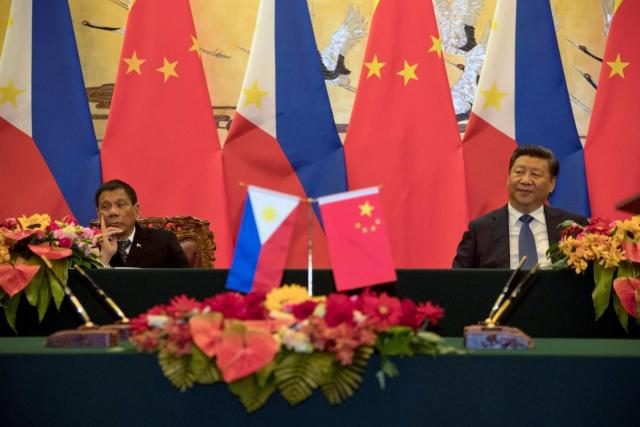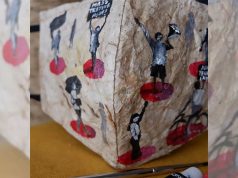
MANILA, Philippines – Lawmakers said the Philippine government should reject the alleged use of the country’s natural resources as collateral for loans from China.
Muntinlupa Representative Ruffy Biazon and Bayan Muna partylist Rep. Carlos Zarate warned against falling into what they called the “Chinese debt trap” as experienced by countries from South America and Africa.
ACT Teachers partylist Rep. Antonio Tinio said the offer showed China’s plans of economic expansion in Southeast Asia.
“Protection and preservation of national interest compels us to reject the Chinese concept of using natural resources as loan collateral. It’s obvious that this is their mode of territorial expansion, as experienced by countries who fell into the Chinese debt trap,” Biazon said.
Zarate warned the Duterte against “kowtowing to the whims and caprices of China” by agreeing to the deal.
“In the end, it would be the Filipinos who would be at the losing end,” he said.
Biazon welcomed the pronouncement of presidential spokesperson Harry Roque that the news report by Chinese newspaper Global Times was “absolutely false.”
“However, it will be a greater assurance for the Filipino people if, aside from describing the newspaper report as false, a categorical statement of rejection of the concept of natural resources as collateral is made by the Philippine government,” Biazon said.
“While we may be confident in the Philippines’ ability to pay its debts, putting at risk our national patrimony and even sovereignty by using our natural resources as collateral should not be a condition or option when the Philippines enters into foreign loan agreements,” he added.
Biazon said the Philippines should not be easily swayed by the “enticing” proposals from China and should steer clear from the “template” that the Chinese have used in their loans to other developing countries.
“Countries in Africa and South America have fallen into China’s loan schemes where natural resources are put up as collateral for loans which eventually became a burden for governments to repay,” Biazon said.
“We should not let our guard down. And we should let the Chinese know that we will stand our ground on the matter of our natural resources,” he added.









